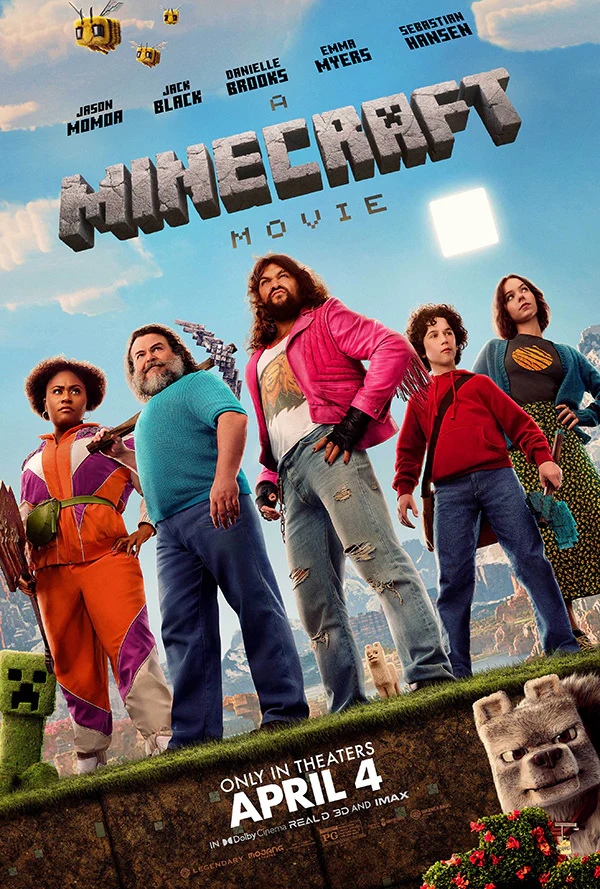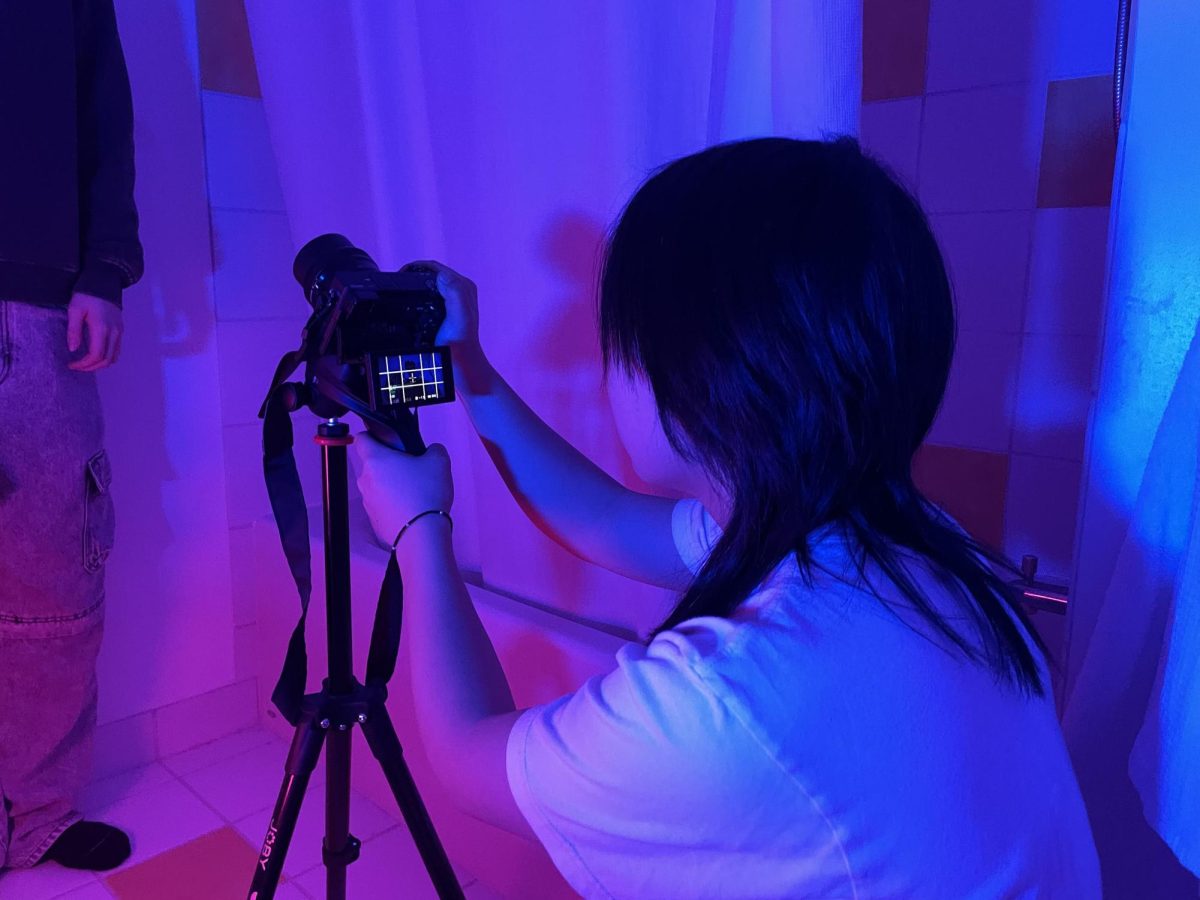
When it comes to a business as powerful as the one running in Hollywood, people seem to forget the cruel reality of the film industry—a subject closely analyzed and dissected in director Maria Schrader’s film, “She Said,” which came out in theaters Nov. 18.
Before reading this article, please be aware that sexual assault is a key player in the theme. Reader discretion is strongly advised.
She Said was a book originally written by journalists Jodi Kantor and Megan Twohey and later adapted into a screenplay by screenwriter Rebecca Lenkiewicz. Movie stars Zoe Kazan and Carey Mulligan portray the real women who wrote the book.
Determined to investigate the sexual assault patterns in Hollywood—something everyone knew but never talked about—Kantor and Twohey begin examing the sexual assault cases buried deep underneath Hollywood conspiracies and legal documents silencing victims from speaking up about their traumatic experiences. The more they dive into their research and as more and more women begin to speak up, finally revealing the truth, one name remains constant: Harvey Weinstein.
Weinstein is a convicted sex offender and former film producer. He founded Miramax, a television production and distribution company, with his brother, Bob Weinstein. The company is known for pumping out classics such as “Pulp Fiction,” “Good Will Hunting” and “Scream.” Only four years ago was Weinstein actually arrested for his sexual assault allegations made by Weinstein’s employees and Miramax’s actresses, entailing instances from verbal abuse to going as far as rape. Weinstein was then put on trial and found guilty in 2020, after his assaults and torture had been going on for several decades. His court date hearing was moved to January 2023 as more evidence is being collected and filed against him.
She Said began a movement called #MeToo, where women finally gained the confidence and support to speak up about their sexual assault experiences with men who yielded power over them. Women were told: report the abuse and you can forget about a role in the industry. Women who did speak up were turned a blind eye by officials and industry executives.
Those women who did try were slapped with non-disclosure agreements (NDAs). They would get sued—or worse—if they attempted to call for support about the sexual crimes.
As Kantor and Twohey were hit with more and more dead ends as they tried to find victims who were willing to speak to them, they were ready to call it quits, when suddenly they used something new: the truth. To convince the women to open up about their experiences with Weinstein, they told them that if they told the world—if they used their voices—they could ease theirs and others’ pain and suffering, the secrecy and denial, the self-loathing and hatred that came with carrying such a burden, as women tend to blame themselves for their sexual assault experiences. They told the victims that they could change the way the world viewed sexual assault victims if they spoke up, opening up a door that would lead to support and understanding where women could gain the sympathy from an aware society, ultimately lowering the chances of another woman having to experience what they did.
The movie—and book—opened up the minds of millions who had heard rumors and conspiracies about the film industry, not at all aware of the fact that all of it was true and no one did anything about it. But Kantor and Twohey did, promising a safer future for women who need—and will need it—because this movie didn’t stop sexual assault; nothing ever will. The most they can do is put the message out for the world to see so that society as a whole is more aware and can find the empathy to sympathize with women who have had such haunting experiences.














